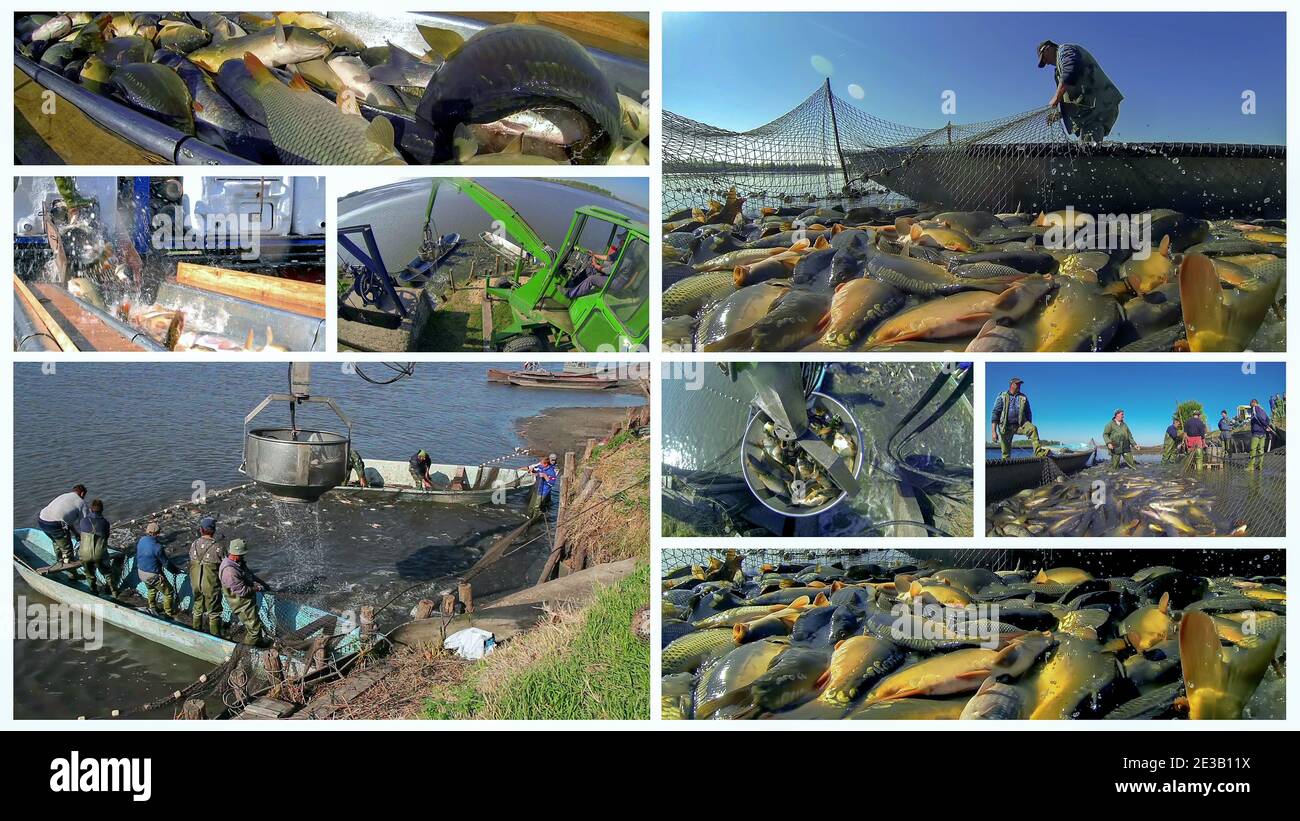This course provides a practical introduction to fish farming, covering the basic principles of aquaculture, fish biology, pond and tank management, feeding practices, water quality control, and disease prevention.
It is designed to equip learners with the knowledge and skills needed to start and manage sustainable and profitable fish farming operations.

- Teacher: ALEXIE MUMUKUNDE
It covers four key learning outcomes: installing an apiary, keeping honey bee colonies, harvesting honey and bee products, and controlling bee diseases, pests, and predators.
By the end of the course, trainees will be able to manage a productive apiary using appropriate tools, techniques, and best practices while ensuring colony health and environmental sustainability.

- Teacher: ALEXIE MUMUKUNDE
This course, Veterinary Ethics and Jurisprudence, equips learners with the essential knowledge, skills, and professional attitudes needed to uphold animal welfare, apply ethical principles, and comply with the legal and regulatory framework governing veterinary practice.
Through a blend of theoretical instruction and hands-on practical work, trainees will explore core concepts such as the five animal freedoms, humane handling and slaughter, professional ethics, stakeholder communication, and ethical decision-making processes.
The course also covers key Rwandan veterinary laws, ministerial orders, and legal interpretation methods. Upon completion,
learners will be able to apply animal welfare principles in practice, demonstrate ethical behavior in professional settings, and ensure full compliance with relevant veterinary legislation.

- Teacher: ALEXIE MUMUKUNDE



